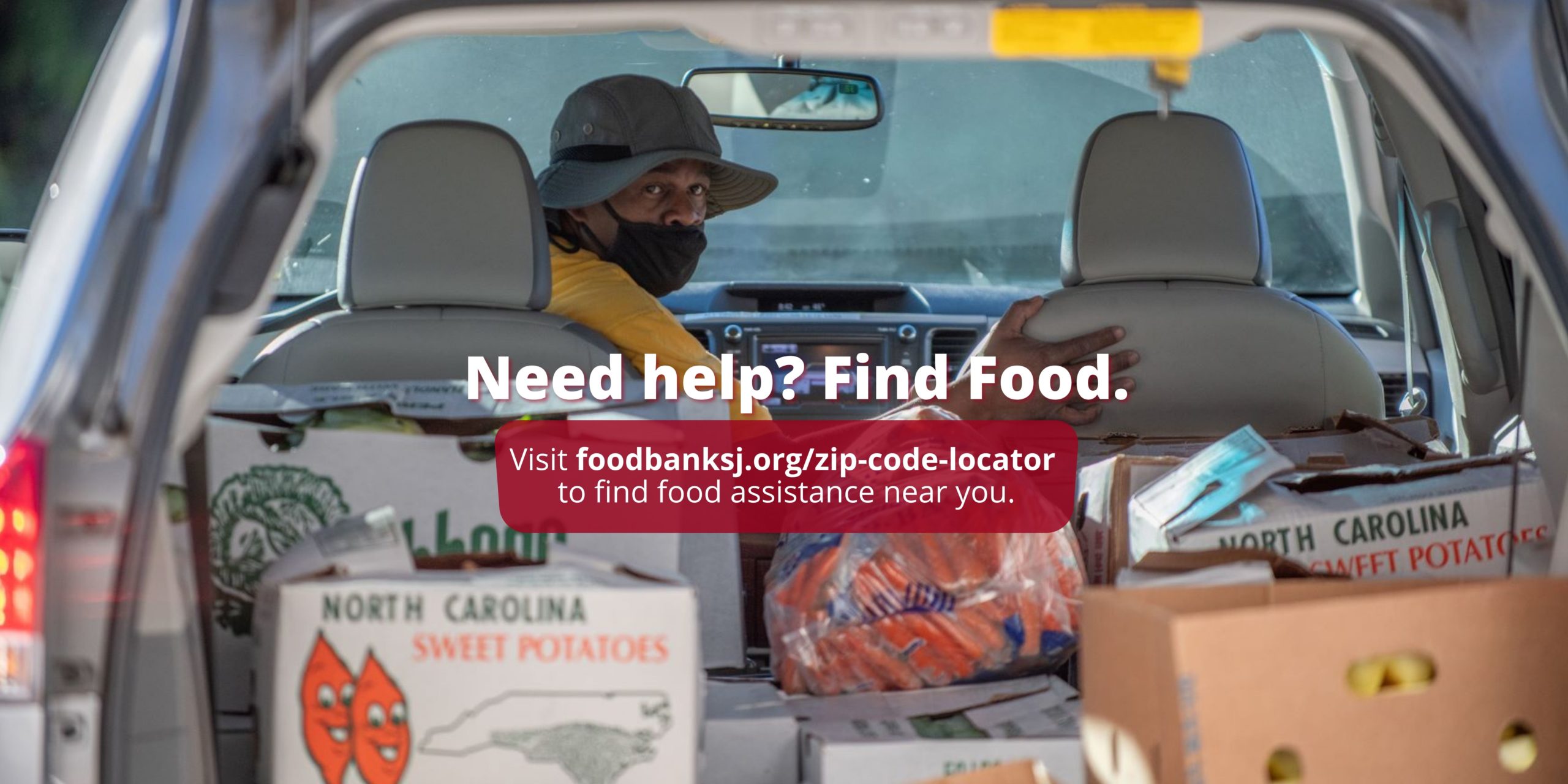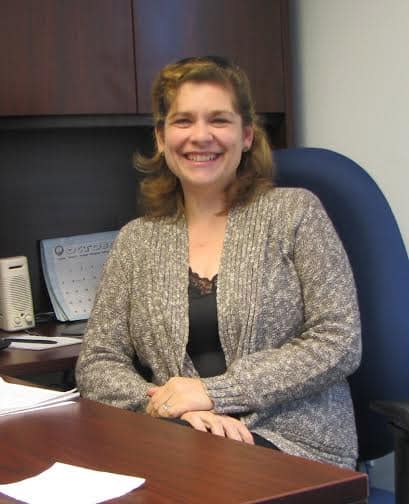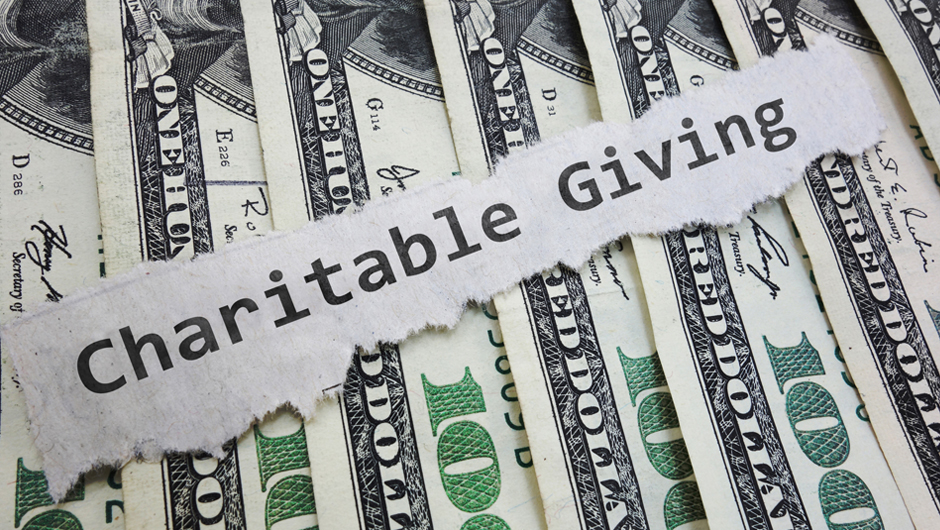For more than a decade, The Community Foundation of South Jersey has partnered with philanthropists and civic leaders to meet our mission and realize the vision of an eight-county region thriving where all neighbors aspire, succeed, participate, and give.
The year 2020 has reinforced the critical role charitable giving plays in community resiliency. Whether you are a donor who has $10 to give, or $10 million, when, where, and how matters. With giving, you experience personal rewards and dream of the good done for your neighbors and in the world. The Community Foundation can assist in identifying the mechanisms or building a process that allows you to achieve your philanthropic goals.
Here are 10 ways to make the most of your year-end giving.
- Talk to your advisor. Before making any significant gift to charity, consult with your CPA, attorney, or other advisors to understand the impact on your taxes and estate.
- Consider your income. Take time to understand your tax liability for the year. Did your unearned income increase? Did you sell any appreciated assets? The answers to these questions may determine how much you want to give by December 31, 2020.
- Review your stocks. If you’d like to make a year-end charitable gift, consider giving appreciated stock. Selling stock will incur capital gains on the appreciation, but if you gift stock, you will receive a charitable deduction for the current market value of the stock—just as you would with a cash gift. Such gifts are deductible up to 30% of your adjusted gross income and you can carry the deduction forward for up to an additional five years.
- Complete your gift by December 31. A gift by check is complete when mailed (postmarked) to the charitable recipient, even if not cashed until the following year. Gifts by credit card are complete when your credit card account is charged. Gifts of stock and real estate are more complex; don’t wait until late December to make these gifts as it may be too late to make the necessary arrangements.
- Know the organizations you support. Only donations to qualified 501(c)(3) organizations are tax-deductible. If you give through the Community Foundation, we will document the status of all nonprofits prior to making a gift on your behalf and can help you identify organizations that are qualified to receive your gift. Review CFSJ’s Proven and Promising portfolio of South Jersey nonprofits.
- Do you have more than enough? If you’re receiving taxable income from retirement plan assets or life insurance policies, there are a number of tax-advantaged ways to make these assets work for you and the causes you support. The Charitable IRA Rollover Act, for example, allows donors age 70 ½ or older to donate up to $100,000 from their IRA without counting the distribution as income.
- Explore employer gift matching programs. Many companies offer gift-matching programs that can increase—even double—the impact of your donation.
- Give now—decide later. If you are planning for a charitable tax deduction this year but are undecided about which nonprofits to support, consider opening a donor-advised fund at the Community Foundation of South Jersey. You can claim a deduction for contributions to your fund now even though distributions from the fund might be made in future years.
- Create a giving plan. The Community Foundation team can help you create a giving plan to help you think strategically about how you give and to what organizations. This ensures that your donations make the greatest impact on the causes you care about while maximizing tax advantages.
- Let the Community Foundation do the legwork. Working with the CFSJ team gives you access to our extensive knowledge of the local nonprofit community and the broad charitable needs and opportunities of our region—so you can stay informed about the organizations you support and the effect your giving will have on the future of South Jersey.
What’s unique about 2020!
Several tax changes went into effect for 2020, some of which directly impact charitable giving. As you work with your advisors on year-end planning, consider some of these giving strategies that will allow you to support charitable causes important to you while accomplishing tax savings.
- Deduct up to 100% of Adjusted Gross Income – This year only!
Individuals can deduct qualified cash donations to the Community Foundation of up to 100% of adjusted gross income (“AGI”) as a result of the CARES Act pandemic response legislation in Congress. This temporary increase in the AGI limitation does not affect the other deduction limits for gifts to public charities in effect prior to the CARES Act. Those limitations are based on the nature of the property contributed (e.g. cash, long-term capital gain) and the type of charity to which the donor contributes (e.g. supporting organization, donor-advised fund).
The limit for gifts of cash to a field of interest fund such as Impact 100 South Jersey, our CFSJ general operating fund, or endowment at the Community Foundation is 100% of AGI. The limit for gifts of cash to donor-advised funds is 60% of AGI. The limit for gifts of appreciated long-term capital gains property (e.g. real estate, publicly traded securities) to the Community Foundation, including donor-advised funds, is 30% of AGI.
- Make IRA gifts at age 70½ plus. IRA accounts have no required minimum distribution (“RMD”) in 2020 only!
But those age 70½ or older can still make a qualified charitable distribution (QCD) directly from an IRA to the Community Foundation up to $100,000. This is a gift of pre-tax dollars which also reduces income tax liability for future years as the IRA account is reduced by the QCD amount. Donor-advised funds do not qualify for qualified charitable distributions.
- Maximize your IRAs in 2020.
Required minimum distributions (“RMDs”) from your IRA will return next year for those age 72 plus. A qualified charitable distribution from an IRA or IRA rollover to charity reduces RMD. It’s a great way to give!
To do this with a 401(k) or 403(b), you must convert the retirement account into an IRA rollover. But conversion requires first taking any RMD from the 401(k) or 403(b). You must pay taxes on that distribution. You can avoid taxes by making the conversion this year. There are no RMDs in 2020. So, you can convert your 401(k) or 403(b) into an IRA rollover in an amount equal to that waived distribution (up to $100,000). And you can do it without paying any taxes, even if you are over age 72 plus as the waived distribution is not subject to the 10 percent early withdrawal tax for distributions prior to age 59½ and is not subject to mandatory 20 percent withholding. Then, you will be set up to make future donations from the IRA rollover whenever you want.
In addition, in 2020 if you are between ages 59 ½ and 70 ½, an IRA withdrawal up to $100,000 this year only creates no penalties. But the withdrawal is taxable. This year, cash gifts to charity can be deducted up to 100% of your adjusted gross income. If you are already itemizing deductions this can help offset the tax impact from an IRA withdrawal.
- Give appreciated assets. Donating appreciated assets (e.g. marketable securities, closely-held business interests, or real estate) creates TWO tax benefits. You receive a tax deduction PLUS you avoid paying capital gains tax.
- Bunch gifts with a Donor Advised Fund.
The Tax Cuts and Jobs Act of 2017 created much higher standard deductions. Fewer people can use charitable deductions because they aren’t itemizing. Open a donor-advised fund with the Community Foundation to “bunch” charitable gifts. Read this blog post from CFSJ board secretary Chris Rollins for an example of the implications on his employer Samaritan.
- Charitable Gift Annuities
Charitable Gift Annuities allow an individual to make a gift of cash or marketable securities to the Community Foundation, and the Community Foundation agrees to pay one or two beneficiaries selected by the donor a fixed, lifetime dollar amount. Any endowed unrestricted fund, field-of-interest fund, or endowed donor-advised fund can be the ultimate beneficiary. Certain nonprofit agency endowment funds with the Community Foundation also qualify as a remainder beneficiary.
As recently reported by Barron’s, charitable gift annuities have had a spike in inflows. “According to a BNY Mellon Wealth Management study, in 2019, assets in gift annuities were up 21 percent over the prior year, and the average gift was 56 percent larger. The surge in popularity in gift annuities is likely a result of donor’s desire for a guaranteed lifetime annuity at a time when yields are at historic lows in the fixed-income market, and hesitation to sock money into a charitable remainder annuity trust (CRAT).”
- IRA beneficiary v. gift in a will
Many people like to include a charitable gift in their will to support a cause that has been important in their lives. One tax-smart strategy is to leave part of an IRA, 401(k), or 403(b) account to a nonprofit by changing IRA beneficiaries. Heirs pay income taxes on this money. Starting this year, heirs (except spouses) must take out all funds (and pay taxes) within 10 years of inheriting. But any part left to a nonprofit avoids these taxes. So, if you are leaving assets to a nonprofit, consider using IRA assets.





